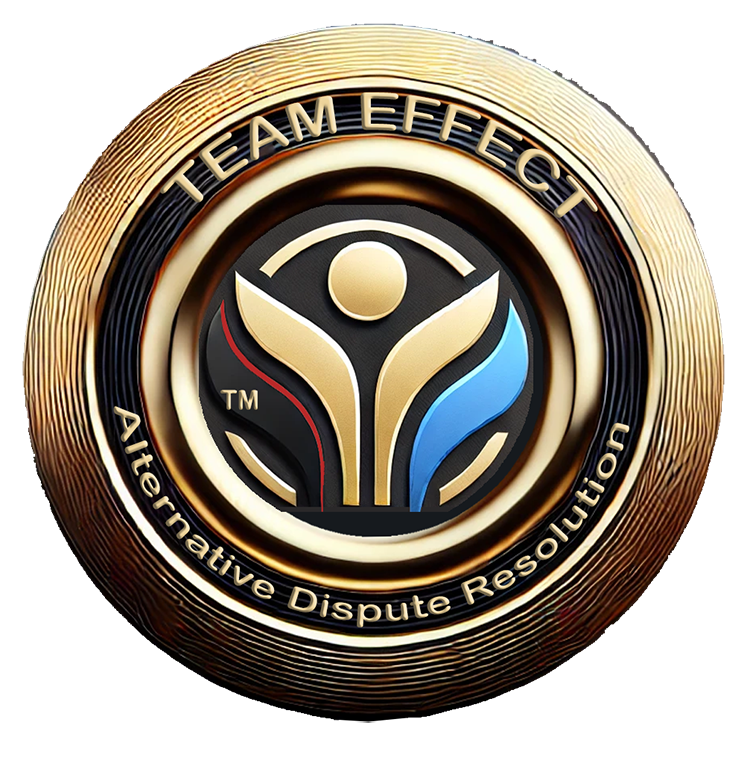
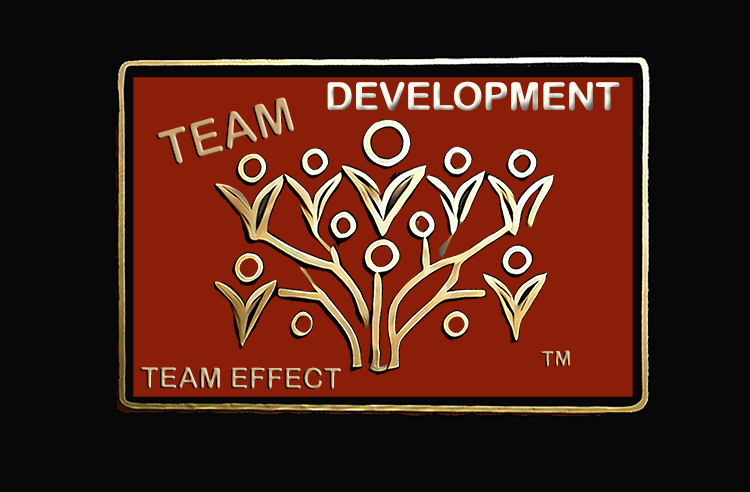
Team Training enhances collaboration and communication among Team Members , leading to improved productivity and a more cohesive organizational culture, ultimately making Team Members and the Organization more effective and successful.
Click below to learn more.
"Inspire Your Insurance Claims Team for Excellence!
Inspiring others is about igniting a passion within your Team to reach their full potential; it involves leading by example, sharing a compelling vision, and fostering an environment of support and encouragement, allowing individuals to believe in themselves and pursue their dreams with confidence and determination.
A dynamic and motivated claims team is the backbone of exceptional service and client satisfaction. By fostering a culture of collaboration, accountability, and empowerment, you can inspire your team to deliver efficient and compassionate claims handling. Recognizing their contributions and providing opportunities for professional growth will ignite their passion and commitment to helping clients during challenging times. Together, we can elevate your claims process, transforming challenges into opportunities and ensuring that every client feels valued and supported!"
"Empowering Leadership in Your Insurance Claims Team!
Leading is not just about directing others; it is about empowering individuals to realize their strengths, fostering collaboration, and creating an environment where everyone feels valued and motivated to contribute their best efforts toward a shared vision. A true leader inspires trust, embraces diversity, and cultivates a culture of continuous growth and innovation.
It involves not only making strategic decisions but also nurturing relationships and empowering individuals to unleash their full potential, ultimately driving collective success and creating a positive impact within the organization and beyond.
Leadership is the ability to influence and inspire others through vision, integrity, and compassion, creating an environment where team members feel valued and empowered to achieve their goals. Effective leaders lead by example, making strategic decisions that promote collaboration, innovation, and resilience, while also cultivating a culture of trust and accountability that drives the organization toward long-term success.
Effective leadership is crucial in guiding an insurance claims team through the complexities of the claims process. A strong leader cultivates an environment of trust, where team members feel valued and encouraged to share their insights. By setting clear objectives, providing ongoing support, and recognizing individual achievements, leaders inspire their teams to excel in delivering timely and compassionate service. With a strong leadership foundation, your claims team can navigate challenges with confidence and turn every claim into a positive experience for clients!"
"Unlocking the Power of Team Dynamics in Insurance Claims!
In the fast-paced world of insurance, harnessing the strength of team dynamics is essential for success. By fostering open communication, collaboration, and mutual support within your claims team, you can create a cohesive unit that works seamlessly together to resolve challenges and deliver outstanding service. Understanding and leveraging each member's strengths enhances problem-solving capabilities and drives efficiency, leading to quicker claim resolutions and higher client satisfaction. Embrace the power of teamwork to transform your claims process and elevate the overall client experience!"
"Positive Effects: Elevating Success in Your Insurance Claims Team!
When team dynamics are strong, they can propel an organization toward its goals. A cohesive team fosters collaboration, encourages innovation, and drives results. Members who communicate effectively share diverse ideas and perspectives that lead to creative solutions. As a result, successful teams can increase productivity, enhance employee morale, and ultimately contribute to a vibrant and thriving organization that consistently meets or exceeds its objectives.
Neutral Effects: The Status Quo
Sometimes, teams may exhibit neutral dynamics—functioning adequately without either significantly contributing to or detracting from the organization’s goals. While there's a baseline level of productivity, these teams lack the synergy that truly unlocks potential. Organizations may find themselves in a comfortable plateau where growth is stagnant, and opportunities for improvement remain untapped. In such cases, identifying key areas for enhancement can help transition these teams from neutral to high-performing.
Negative Effects: Hindering Progress
On the flip side, weak team dynamics can have detrimental effects on an organization. Poor communication, conflict, and lack of trust among team members can lead to misunderstandings, decreased morale, and high turnover rates. Such negativity can stifle creativity and slow down decision-making processes, ultimately impacting productivity and hindering progress toward organizational goals. It is crucial for leaders to identify and address these issues before they escalate, as the cost of unresolved team dysfunction can be significant.
The Bottom Line
The impact of team dynamics on organizational goals cannot be overstated. Whether positive, neutral, or negative, the effectiveness of teams shapes the trajectory of an organization's success. By fostering a supportive environment that prioritizes team training and development, businesses can harness the power of effective teams, driving them toward a more successful, innovative, and goal-focused future. Embrace the potential of your teams today and watch your organization thrive!

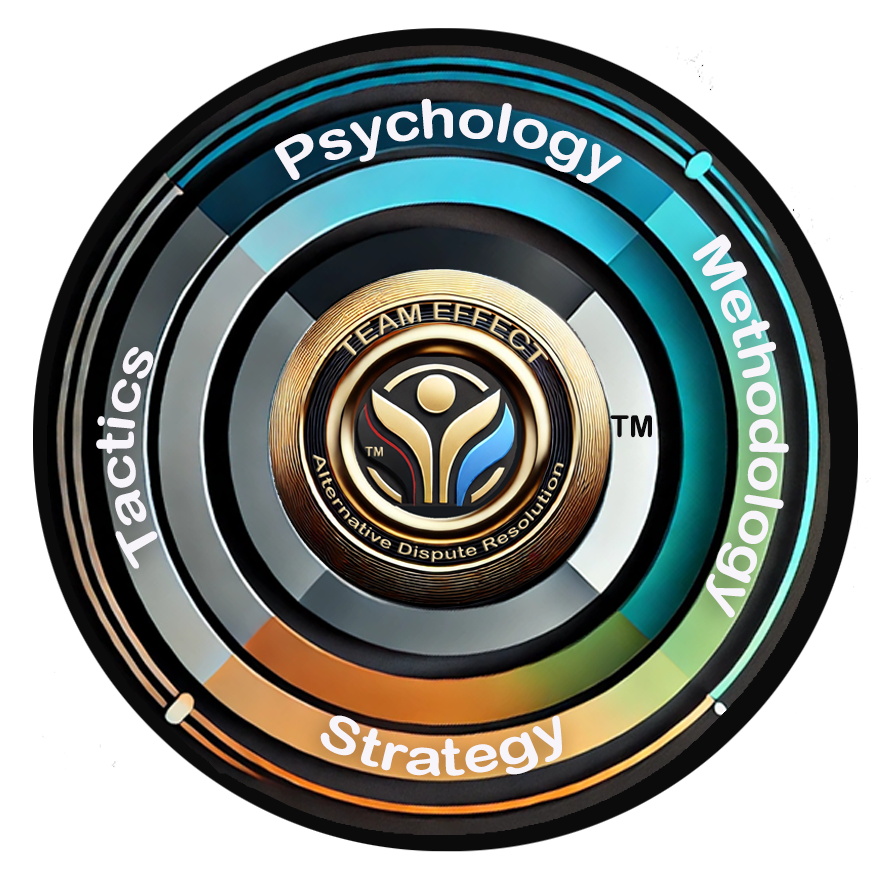
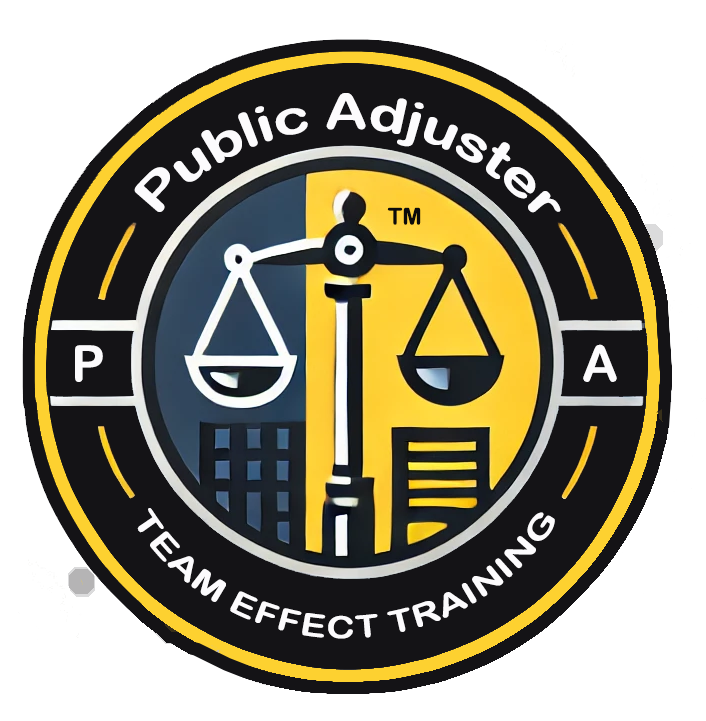
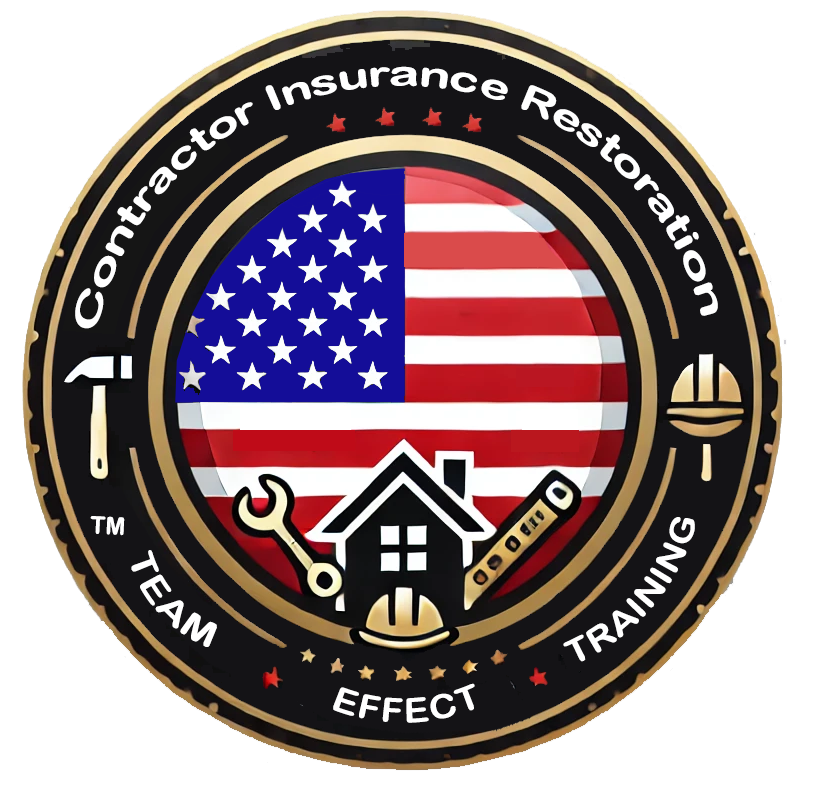

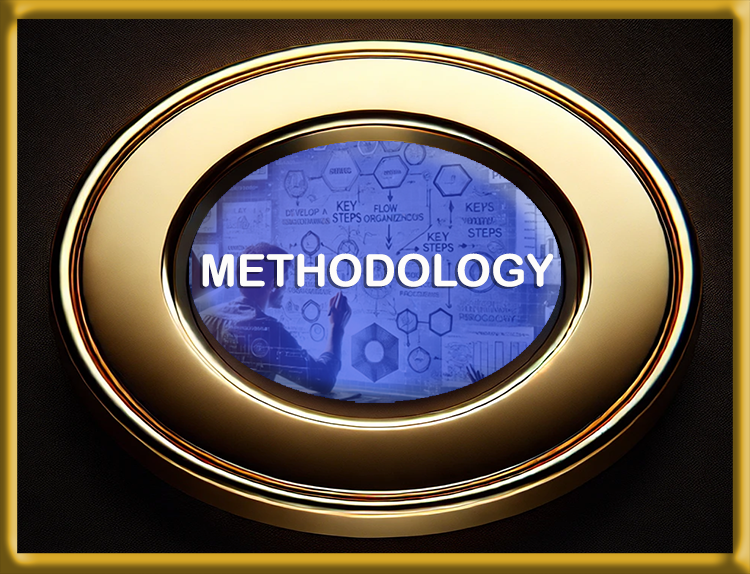
Team Psychology
Understanding personality types is essential for fostering more effective communication in negotiations, the workplace environment, marketing and sales, as it allows individuals to tailor their interactions in a way that resonates with others, reduces misunderstandings, and builds stronger relationships. By recognizing the diverse motivations and communication styles of different personality types, teams and team members can enhance collaboration, negotiate more successfully, and craft marketing messages that effectively engage their target audience, ultimately driving better outcomes across all areas of the organization.
Team Motivation
Team motivation refers to the collective drive and enthusiasm that fuels a group toward achieving shared objectives, while self-motivation is the intrinsic desire within individual members to set and pursue personal goals, often contributing positively to the team's dynamics. Understanding opponent motivation—whether it stems from competition, collaboration, or external pressures—can also enhance a team's strategic approach, as recognizing what drives others can inform tactics and collaborative efforts. By cultivating both team and self-motivation while being aware of opposing forces, teams can create a supportive environment that maximizes performance and resilience in the face of challenges.
Team Courage
Team courage is the collective bravery demonstrated by a group as they face challenges, take risks, and pursue innovative solutions together. It involves fostering an environment where team members support one another in stepping outside their comfort zones, sharing bold ideas, and tackling difficult conversations. When teams exhibit courage, they are more likely to embrace change, challenge the status quo, and work collaboratively to overcome obstacles, ultimately driving greater success and cohesion.
Self-Courage
Self-courage, on the other hand, is the individual determination to confront personal fears and doubts in order to pursue one's goals and aspirations. It empowers individuals to advocate for their beliefs, take initiative, and seek personal growth, even when faced with adversity or uncertainty. Together, team courage and self-courage create a powerful dynamic, as individuals who are courageous on their own contribute to a culture of bravery within the team, leading to improved collaboration, creativity, and resilience in achieving shared objectives.
"Understanding Your Opponent's Team: A Critical Advantage!
Gaining insights into your opponent's team dynamics, strengths, and weaknesses can provide you with a strategic edge. By analyzing their communication styles, roles, and tactics, you can better anticipate their moves and counter effectively. This knowledge empowers you to adjust your own strategies, capitalize on their vulnerabilities, and ultimately achieve your objectives with confidence and precision. In the world of competition, knowing your opponent is just as crucial as knowing yourself!"
We will show your Team Members a quick and easy way to determine their Opponent's personality. By understanding the personality traits and motivations of your opponent, you can navigate challenges with greater agility and insight. This awareness enables you to approach issues more effectively, tailoring your strategies to resonate with their perspectives. Whether resolving conflicts or engaging in negotiations, knowing how to connect with your opponent allows you to work through obstacles smoothly and foster productive discussions. Leverage this knowledge to enhance your negotiation tactics and achieve favorable outcomes with ease!"
Team Methodology
A well-defined methodology in insurance claims is crucial for ensuring efficiency, accuracy, and satisfaction.
We will show you a systematic and structured approach used to conduct research, solve problems, or implement projects, ensuring that processes are grounded in established principles and practices. By providing a clear framework for decision-making and action, a repeatable robust methodology enhances consistency, allows for accurate evaluation of outcomes, and fosters accountability, ultimately leading to more effective results and a deeper understanding of complex issues.

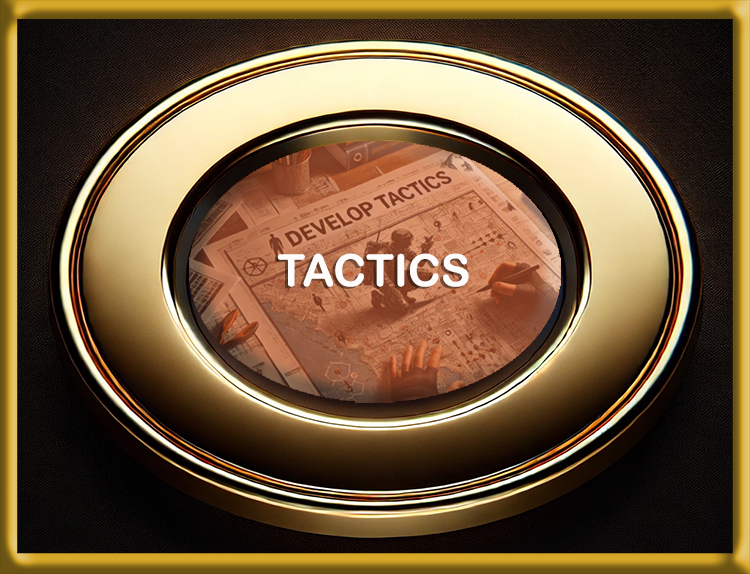
Team Strategy
Strategy is a carefully crafted plan that outlines an organization's long-term goals and the actions required to achieve them, taking into account available resources, market conditions, and competitive landscape. It serves as a roadmap for decision-making, guiding teams to prioritize initiatives, allocate resources effectively, and adapt to changing circumstances, ultimately driving sustainable growth and ensuring the organization remains focused on its vision amidst challenges and opportunities.
Tactics & Anti-Tactics
Tactics are the specific actions and procedures deployed to implement a broader strategy, focusing on short-term objectives and immediate goals. By employing well-defined tactics, organizations can effectively navigate challenges, capitalize on opportunities, and achieve measurable results, ensuring that their strategic vision is translated into practical outcomes that drive success and enhance overall performance.
Anti-tactics refer to the strategies or approaches that intentionally undermine or counteract established tactics, often aiming to disrupt an opponent's plans or mitigate a competitor's advantages. By understanding and identifying these counter-strategies, organizations can better prepare for challenges, safeguard their initiatives, and adapt their original tactics to remain agile and effective in a dynamic environment. Recognizing anti-tactics is essential for developing resilience and maintaining a competitive edge in any field.
